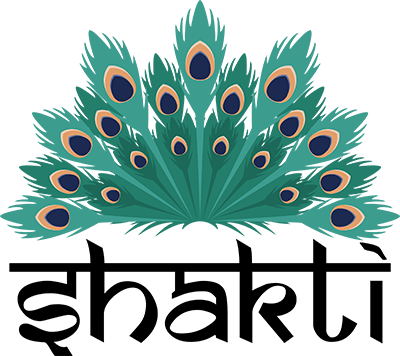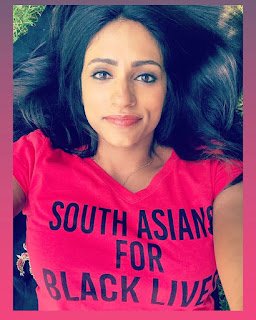Disrupting Anti-Blackness in South Asian Communities
Image Credit: Huffpost and Instagram/whothefuckisalic
Anti-Blackness (the covert and overt systemic and interpersonal racism against Black people) has negatively impacted that health, wealth, and safety of Black Americans in this country since the early 1600’s. Unfortunately, anti-Blackness continues to persist in today's increasingly diverse society.
This form of racism is so deeply woven into the fabric of the United States, that it is largely subconscious for many Americans. Although it was White European settlers who were the originators of anti-Black racism in this country, they are not the only perpetuators of it today. Anti-Black sentiments are both consciously and subconsciously held by Americans across racial and ethnic groups. As someone who engages in anti-racism work, I find that many people hold the faulty notion that racism and racial biases are only perpetuated by White people, but this couldn’t be further from the truth. Racism is a system and it is very much alive and well in communities of color throughout this country.
If you grew up in an Indian immigrant community like I did, you might not be too surprised to hear that Indian people can also be racist. It’s not because Indian people are “bad” it’s because having racist thoughts and ideas is almost inevitable and most of the time, subconscious when you live in a racially stratified society such as the United States of America. Anti-Blackness exists in South Asian communities, and it’s not just within the older generation- it is something that is perpetuated by elderly, middle aged, and even young South Asian Americans. Anti-blackness shows up in many forms- from our everyday vocabulary (stop saying the N word, pretty please!), to our obsession with euro-centric beauty standards, to the stigma that we place on dark skin which only strengthens an anti-Black mentality, to the appropriation of Black culture, to the stigma and shame that is often times placed on someone who falls in love with and/or marries a Black person. Anti-Blackness in South Asian communities is real and it needs to be disrupted.
If you are reading this as a South Asian person, chances are you may be feeling a bit uncomfortable. The thought that you, your family, or your community could be anti-black or racist is not an easy thought to stomach. I can empathize with these feelings of discomfort, but I ask that you be willing to sit in that uncomfortabliity because you have the privilege to learn about and understand anti-Blackness rather than experience it on a daily basis.
Due to the fact that we are a privileged community of color and often referred to as the “model minority” many of us have lived a life without experiencing the ugliness of racism so we may not realize how pervasive it is or see the need to work towards helping to make this country anti-racist. However, if you believe in racial equality, then it is essential for us to come together as a community in order to help advocate for and amplify the voices of Black Americans in order for racial equality to every be realized in this country.
In my role as a professor and diversity consultant, I have always been committed to working towards eradicating anti-Black racism. But, as I continue to hear and see anti-Blackness in my own Indian communities, I realize it is time to address this issue in a more immediate way. In order to disrupt anti-Black sentiments that are deeply embedded in this society, we need to be talking about this with our own families and respective communities so that we can collectively work towards being an anti-racist community.
The South Asian community can be a powerful advocate and ally to Black Americans rather than further perpetuate anti-Blackness. As non-Black and non-indigenous people of color, South Asian Americans speak from a place of racial privilege. We can (and should) use our position of privilege to amplify the voices of Black people and help eradicate Anti-blackness, and we can start by addressing it in our own community and within our own families.
Last month, I was invited by my friend and host of the TheUpside Down Smilie Show, Shereene Manimala, to discuss this important topic. Please share with your own South Asian family and community and feel free to share your thoughts, experiences, or observations with anti-blackness in the comments section below. If you want to join me in this journey of disrupting anti Blackness in South Asian communities, shoot me an email or connect with me on instagram- I would love to hear from you.


